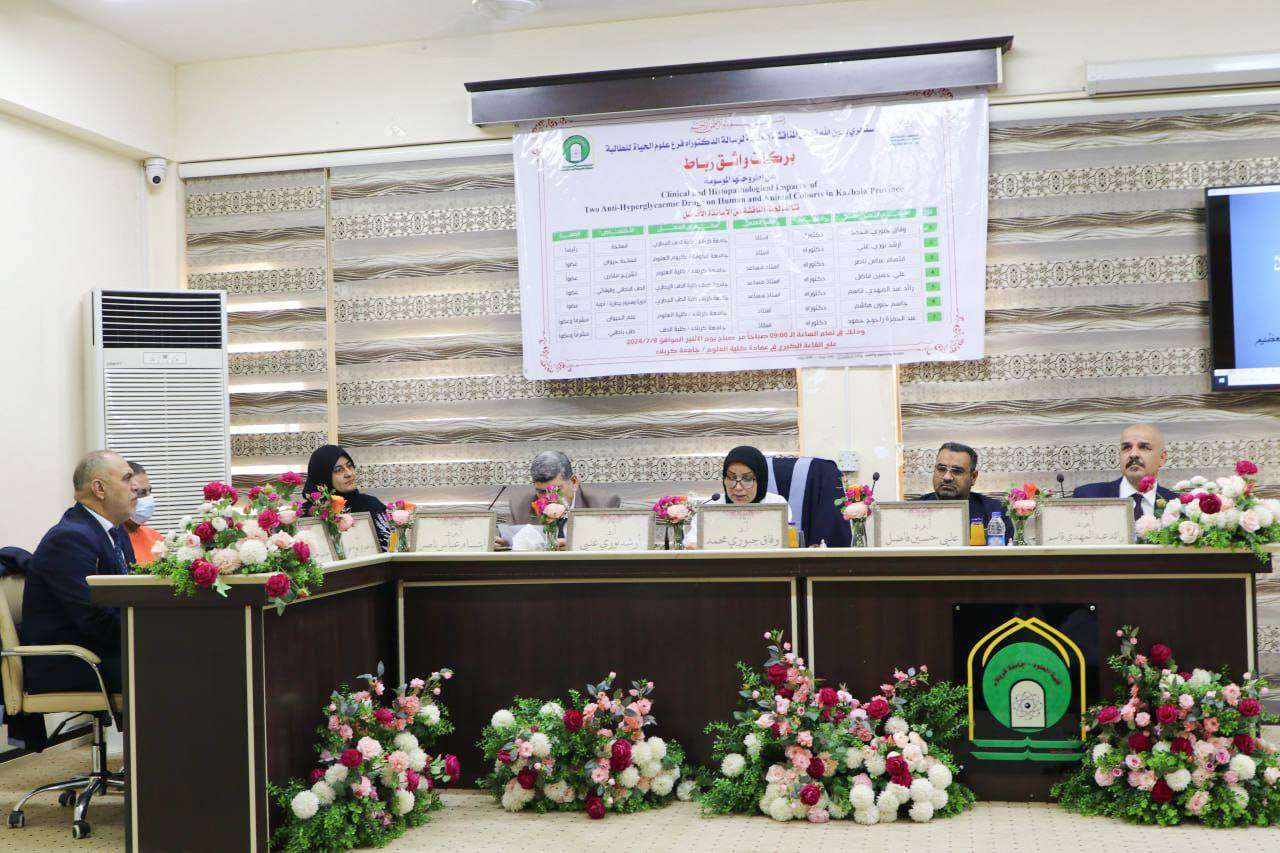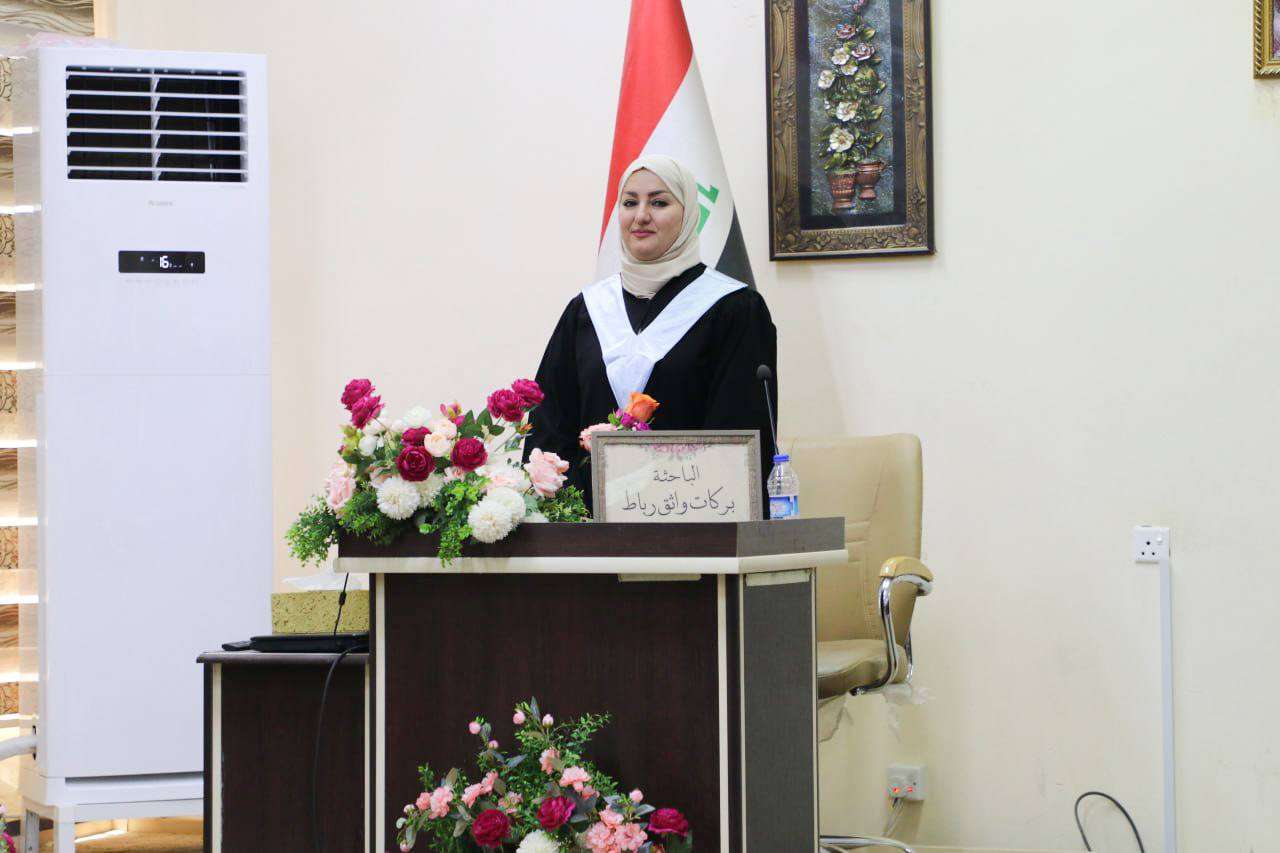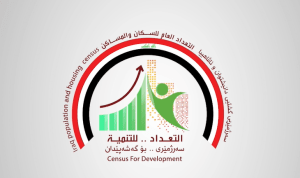A doctoral dissertation at the College of Science, University of Karbala, compared certain physiological and pathological tissue effects of metformin and empagliflozin in men and male rats with type 2 diabetes.
The study, conducted by student Barakat Wathiq Rabat from the Department of Life Sciences, aimed to compare the effects of these drugs individually on blood sugar levels in newly diagnosed type 2 diabetic patients and to evaluate their impact on blood sugar, liver, kidney, and pancreatic functions and tissues compared to control groups of experimental animals.
The study concluded that metformin was superior in reducing blood sugar levels in type 2 diabetic patients at all times, both fasting and postprandial, compared to empagliflozin.
The study included a quantitative experimental investigation to assess the therapeutic effects of metformin as a monotherapy and compare it with empagliflozin as a monotherapy in newly diagnosed type 2 diabetic patients and in male rats with diet-induced type 2 diabetes.
The study recommended using metformin for newly diagnosed type 2 diabetic patients in the short term due to its availability and lower cost, with adherence to daily blood sugar monitoring, healthy diet, and exercise. It also recommended conducting extensive studies on the effects of empagliflozin on other organs such as the brain, heart, and ovaries, as well as its impact on gestational diabetes and polycystic ovary syndrome.































































